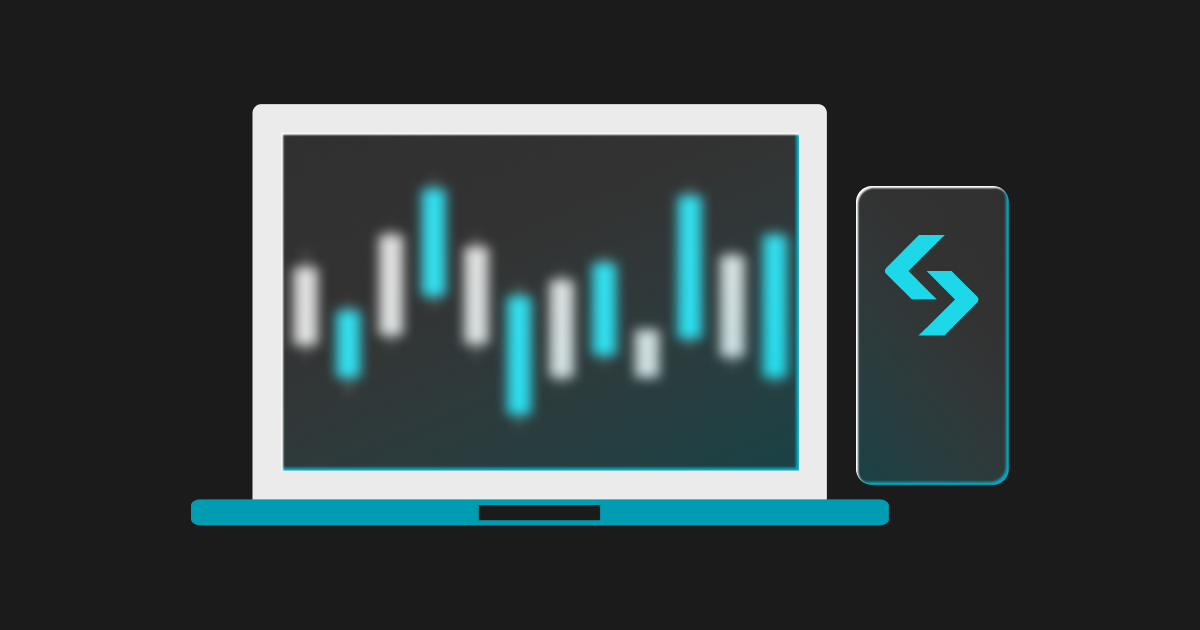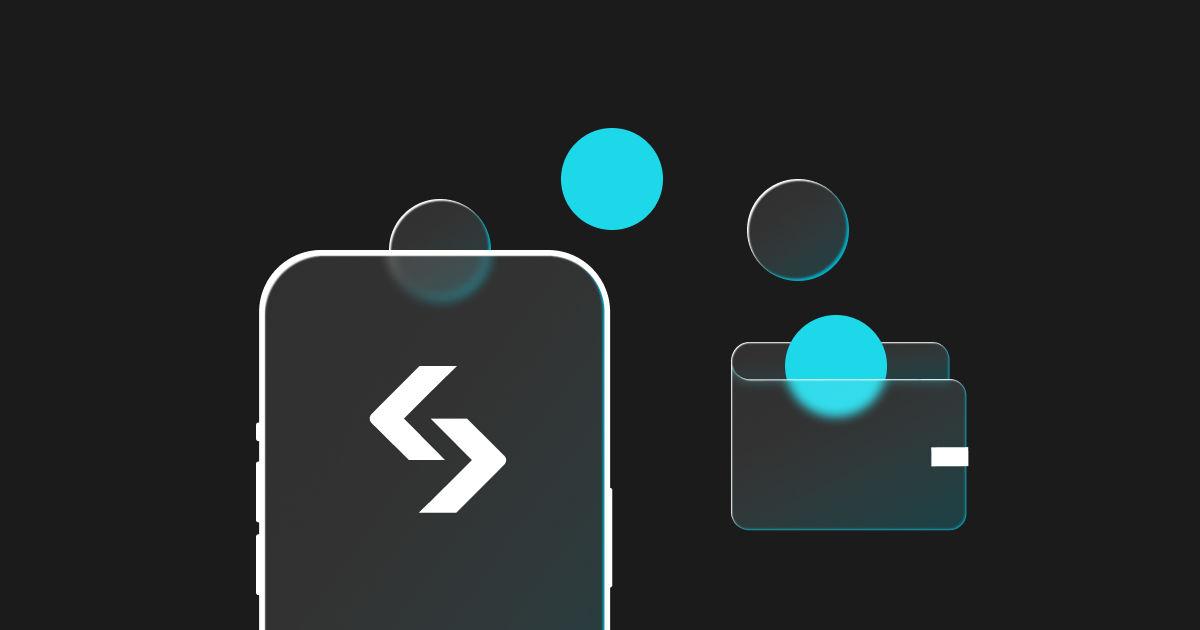
Exchange Tokens Reinvented: The BGB Story
The category of CEX tokens was once dominated by heavyweights like Binance Coin (BNB), each boasting its ecosystem advantages. However, Bitget's BGB, particularly after its recent merger with the Bitget Wallet Token (BWB), is carving out a unique identity that challenges the traditional narrative of CEX tokens.
The transformation of BGB is more than just a facelift; it’s a fundamental reimagining of what exchange tokens can and should represent in a rapidly evolving market.
Utility And Vision: How BGB Challenges The Norm
Exchange tokens traditionally hinge their value on platform discounts, staking rewards, and occasionally speculative market cycles. BNB, for instance, thrives on its deep integration with Binance's sprawling ecosystem, from trading fee discounts to DeFi functionalities on Binance Smart Chain. Similarly, OKB extends its influence through OKEx Chain's decentralised applications.
Yet, BGB's narrative breaks free from these conventional moulds. With the BGB-BWB merger in late 2024, Bitget consolidated its ecosystem into a singular token for seamless utility across both its exchange and wallet platforms. This approach mirrors an all-in-one philosophy in that it reduces fragmentation and simplifies user engagement.
For example, while BNB powers Binance Smart Chain, its role outside Binance's core exchange remains siloed. BGB, however, integrates across multiple touchpoints: as a trading discount mechanism, a staking tool, and a bridge to PayFi real-world applications. This dual-layer integration positions BGB as a multi-utility token for users seeking both speculative and practical value.
Post-Merger Momentum: BGB's Market Edge
The BGB-BWB merger is arguably the most ambitious token integration since FTX Token's (FTT) pre-collapse innovations. Unlike FTT, which faltered due to structural over-leverage and trust erosion, BGB’s post-merger ecosystem thrives on transparency and tangible value.
Following the merger, BGB has surged to an ATH of $8.49 (December 2024), marking over 1,364% growth in 2024 alone. Compared to its peers, such growth dwarfs even BNB’s rise during its earlier bull cycles. While BNB rode on Binance's dominance, BGB's growth is more organic, tied to Bitget's positioning as the second-largest CEX by user base and trading volume.

Source: Bitget Academy, Yahoo Finance
Community and Trust: The Real Differentiator
Exchange tokens often grapple with trust crises, especially after the FTX debacle, which eroded confidence in platform-centric tokens. However, BGB has deftly navigated this challenge by anchoring its value to real use cases and community engagement. Bitget's unique community programmes, including profit-sharing and user-driven governance initiatives, provide BGB with a grassroots foundation that few other tokens can replicate.
In contrast, while BNB and HT rely heavily on centralised decision-making, BGB empowers its users with a voice in ecosystem development. This dynamic creates a feedback loop: as the Bitget community grows, so does the intrinsic value of BGB.
BGB vs. BNB: A Head-To-Head Comparison
The table below illustrates some key differences between BGB and BNB, highlighting the advantages that position BGB as a formidable competitor in the exchange token landscape.
| Metric |
BGB |
BNB |
| Ecosystem Integration |
Unified across exchange and wallet |
Core exchange + Binance Smart Chain |
| Growth Catalyst |
Organic (post-merger) |
Exchange dominance |
| Community Role |
User-driven initiatives |
Centralised |
| Recent ATH (Dec 2024) |
$8.49 |
Peaked during previous bull run |
| Future Vision |
PayFi real-world adoption |
BSC DeFi expansion |
While BNB remains the largest CEX token by market capitalisation, BGB has swiftly ascended to become the second largest, underscoring its rapid adoption and expanding influence. This comparison is intended to exemplify BGB's unique user-centric philosophy and multi-functional approach, which sets it apart from BNB's dominance-driven but more siloed growth strategy.
Innovations That Set BGB Apart
BGB's future roadmap underscores its ambition to bridge the gap between digital and traditional finance. The integration into PayFi applications by mid-2025 that allows users to pay for dining, shopping, and travel using BGB represents a pioneering shift for CEX tokens. This is a stark contrast to the largely digital-only utility of BNB, OKB, and other CEX tokens.

The BGB Ecosystem. Source: BGB Whitepaper
Moreover, Bitget's continued emphasis on ecosystem synergy - leveraging both the exchange and wallet functionalities - further strengthens BGB's position as a token of utility rather than speculative asset.
Conclusion: BGB As The Vanguard of Next-Gen Exchange Tokens
In a market overflowing with exchange tokens competing for relevance and dominance, many follow a predictable trajectory: offering trading fee discounts, staking benefits, or token burns to maintain user interest. BGB, however, has chosen a path of innovation and inclusivity, to redefine what it means to be an exchange token in the rapidly evolving cryptocurrency ecosystem.
The post-merger unification of BGB with BWB marked a turning point meant to streamline Bitget's ecosystem and amplify the token's utility. This was not just a consolidation of assets but a strategic decision to create a unified currency that thrives on both functionality and vision. Unlike many exchange tokens that derive value solely from their platforms' dominance, BGB integrates deeply into Bitget’s ecosystem while simultaneously extending its use cases into the real world, such as PayFi applications.
User Inclusivity As A Core Principle
At the heart of BGB's strategy lies a commitment to user empowerment. Bitget has embraced a community-driven model with governance initiatives and incentives that directly reflect user feedback. This contrasts sharply with the top-down control often seen in other CEX ecosystems, where token value is largely dictated by centralised decisions. BGB's approach fosters trust and loyalty to establish a virtuous cycle where the token's growth directly benefits—and, is supported by—its users.
Multi-Functional Utility: Beyond Speculation
While other tokens often limit their focus to platform-specific functionalities, BGB's design is inherently versatile. It serves as a discount mechanism for trading fees, a staking tool for passive income, and a gateway to real-world applications, or in short: much more than a speculative asset. This multi-dimensional utility makes BGB a token for everyday use, not just a holding for bull-market cycles.
A Disruptor In The Exchange Token Hierarchy
BGB's rise to the second-largest exchange token by market capitalisation, second only to Binance's BNB, is a testament to its strategic positioning and strong ecosystem integration. Where BNB capitalised on Binance's early dominance, BGB is carving out its own niche by innovating in areas like decentralised finance (DeFi) integration, community engagement, and real-world utility.
By challenging the traditional narratives of exchange tokens, BGB is disrupting instead of competing. Its vision of a token that balances speculative value with practical utility is reshaping expectations for what exchange tokens can achieve in 2025 and beyond.
A Glimpse Into The Future
BGB's roadmap reveals an ambition that extends far beyond current market trends. The planned integration into everyday financial activities, such as shopping and travel, signals its potential to bridge the gap between digital assets and traditional finance. As the cryptocurrency space evolves, BGB's innovative strategies ensure it remains at the forefront and sets new benchmarks for what exchange tokens can offer.
In essence, BGB is the blueprint for the future. With its bold redefinition of utility, inclusivity, and integration, BGB stands as a vanguard for the next generation of exchange tokens, ready to lead the charge into a new era of cryptocurrency.
Disclaimer: The opinions expressed in this article are for informational purposes only. Qualified professionals should be consulted prior to making financial decisions.



